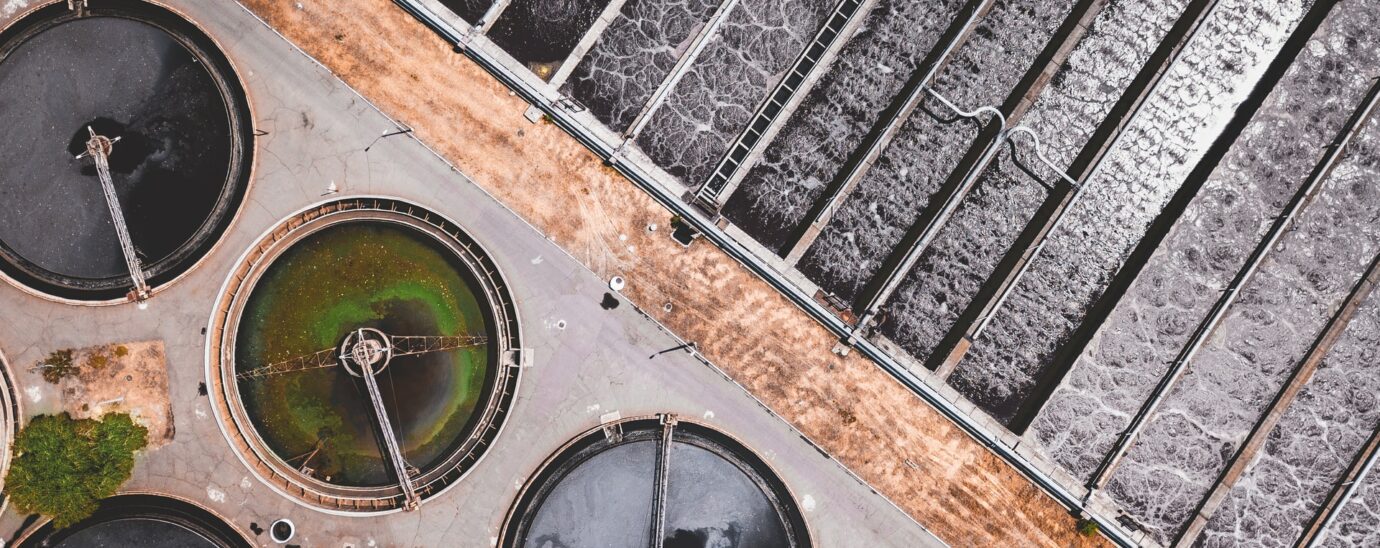StreamLine launches to drive water sector innovation

The Drinking Water Inspectorate, Ofwat and the Environment Agency have today launched ‘StreamLine’ – a new joint service to improve advice and slash response times for water innovators.
The new collaborative service, will function as a one stop shop, making it easier for business and innovators to obtain informal regulatory advice and help them navigate regulations and get the advice they need when developing new goods and services. Innovation is vital to tacking the challenges faced by the water sector and the customers it serves, such as climate change, to secure reliable water services, safe drinking water and a healthy water environment.
Before StreamLine, water innovators would need to contact each of the regulators in turn if they had a question. Now they can do this in one place: slashing response times from over 60 days to contact all three regulators in turn, to less than 20 days to get co-ordinated advice from all three regulators.
Speaking about the launch, Deputy Chief Inspector of the Drinking Water Inspectorate, Nicholas Adjei said:
“Our legislation, regulations and guidance are there to protect people, drinking water and the environment. But we know they can be complex for new businesses and innovators to navigate and enter the market. Streamline will help all three regulators provide a better service to water innovators and support innovation.”
In its testing phase, the new service has already helped a number of innovators to locate key data sets to support the development of new products and technologies, get advice on how potential new innovations would be affects by existing regulations, and signposted people to resources, contacts and wider support within the water sector and beyond.
John Russell, Senior Director, Ofwat – the economic regulator for the water sector in England and Wales – said:
“StreamLine is now open for any innovators in the UK and internationally to use. As well as providing a better service to innovators, it will enable all three regulators to work together collaboratively and share intelligence on how to make it easier for innovators to navigate regulation and remove unnecessary barriers. This will encourage more innovation to help secure the water services, drinking water and water environment for the future”.
Richard Thompson, Deputy Director, Environment and Business at the Environment Agency said:
“We need to make sure future generations have enough water. StreamLine will help all three regulators work together to support more innovations to improve drinking water, water services and the water environment – while still continuing to protect people, business and the environment”.
The new StreamLine service was made possible because of a £170,000 grant from the Regulators’ Pioneer Fund operated by the Department of Business, Energy and Industrial Strategy.
The announcement follows the conclusion of a year-long pilot by Ofwat to incentivise innovation in the water sector through its £200 million Innovation Fund. The aim of the fund is to grow the water sector’s capacity to innovate, enabling it to better meet the evolving needs of customers, society and the environment.
Through a series of challenge prizes in partnership with Nesta Challenges, Arup and Isle Utilities, it is encouraging new ways of working that go beyond business-as-usual innovation practices in the water industry, in particular, increasing and improving collaboration and building partnerships from within and outside the water sector.
Winners have included projects to generate green hydrogen from wastewater, partnerships to provide data on water quality to communities in an open and accessible way and novel engineering solutions to prevent pipes bursting, using everything from robots to ‘designer liners’ that can be retrofitted on the inside of water mains.
In April 2022, the second Water Breakthrough Challenge award around £20 million to four large-scale projects to deliver transformative innovation to the water sector. The National Leakage Research and Test Centre (NLRTC) lead by Northumbrian Water will create a national centre to test new products to combat leakage under “real life” conditions, improving safety and effectiveness so that they can be rolled out faster and at a larger scale.
A group of water companies led by Dŵr Cymru Welsh Water will help develop new technologies through the Managing Background Leakage project to detect the many leaks that are currently missed by existing investigative methods through forensic investigations of 25 areas, deploying flow, pressure and temperature sensors at an intensity never previously undertaken.
Enabling Smart Water Communities is a programme led by a group of water companies, universities, home builders and local authorities who will work together to ensure that the 4 million new homes planned by 2041 in the UK can be integrated into the water system in a sustainable way, ensuring new communities have continued access to finite water resources, wastewater is managed, and flood risks are mitigated.
While CECCU – which stands for CHP Exhaust Carbon Capture and Utilisation – is a project to turn captured carbon into useful products like paint and fertiliser, saving 5 million tonnes of CO2 per year and making the Combined Heat and Power (CHP) process – where heat as a byproduct of energy generated is captured and used – carbon neutral.
Ofwat is now proposing to run a third Water Breakthrough Challenge in Autumn 2022. It also proposes to run a fourth in 2023 and a fifth in either 2024 or 2025 with the potential to run competitions beyond 2025.
To maximise the impact of the more than £120 million remaining in the Innovation Fund following the first three prizes, Ofwat has recently called on the views from a diverse range of sectors and innovators that it believes can bring new insights to some of the water sector’s biggest challenges. It will publish the results of the consultation later this year.
